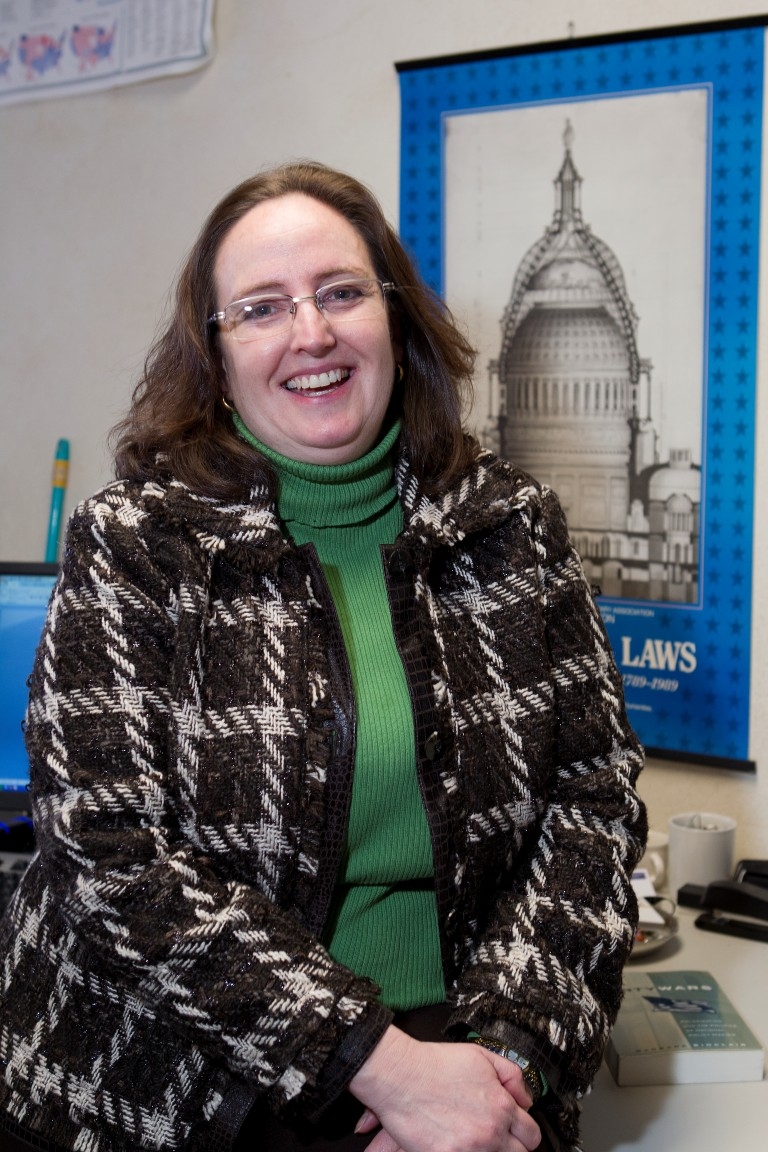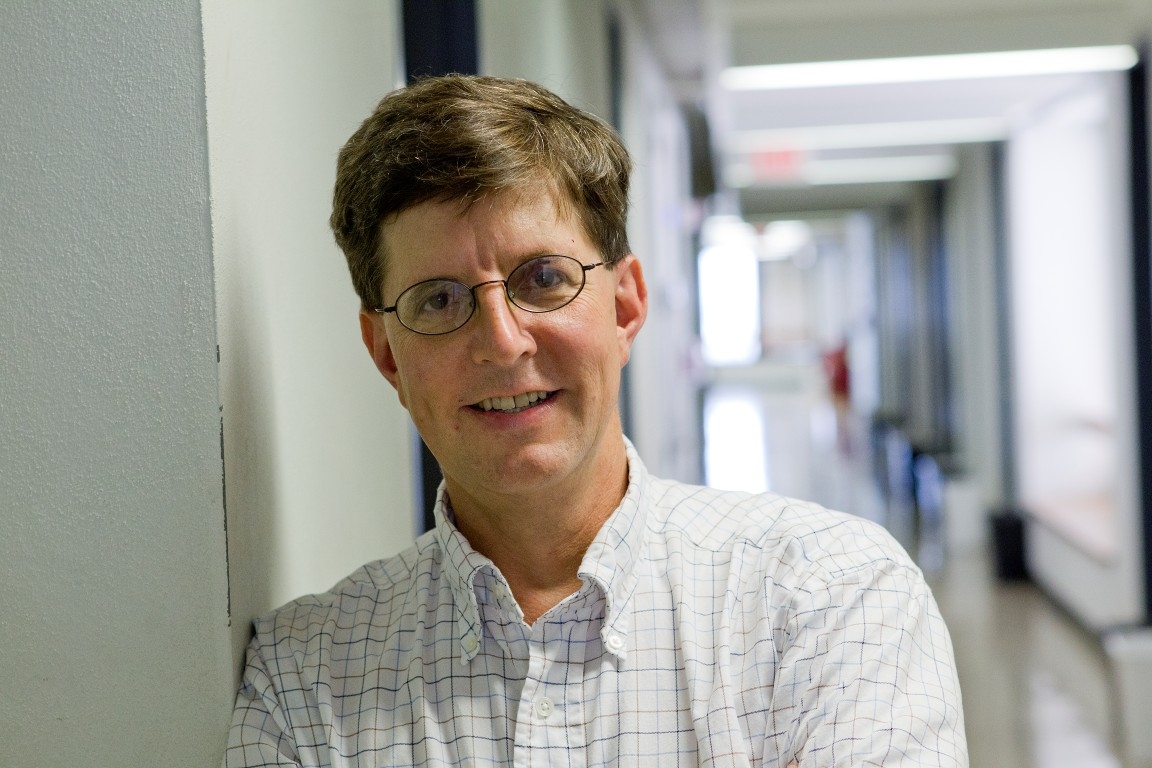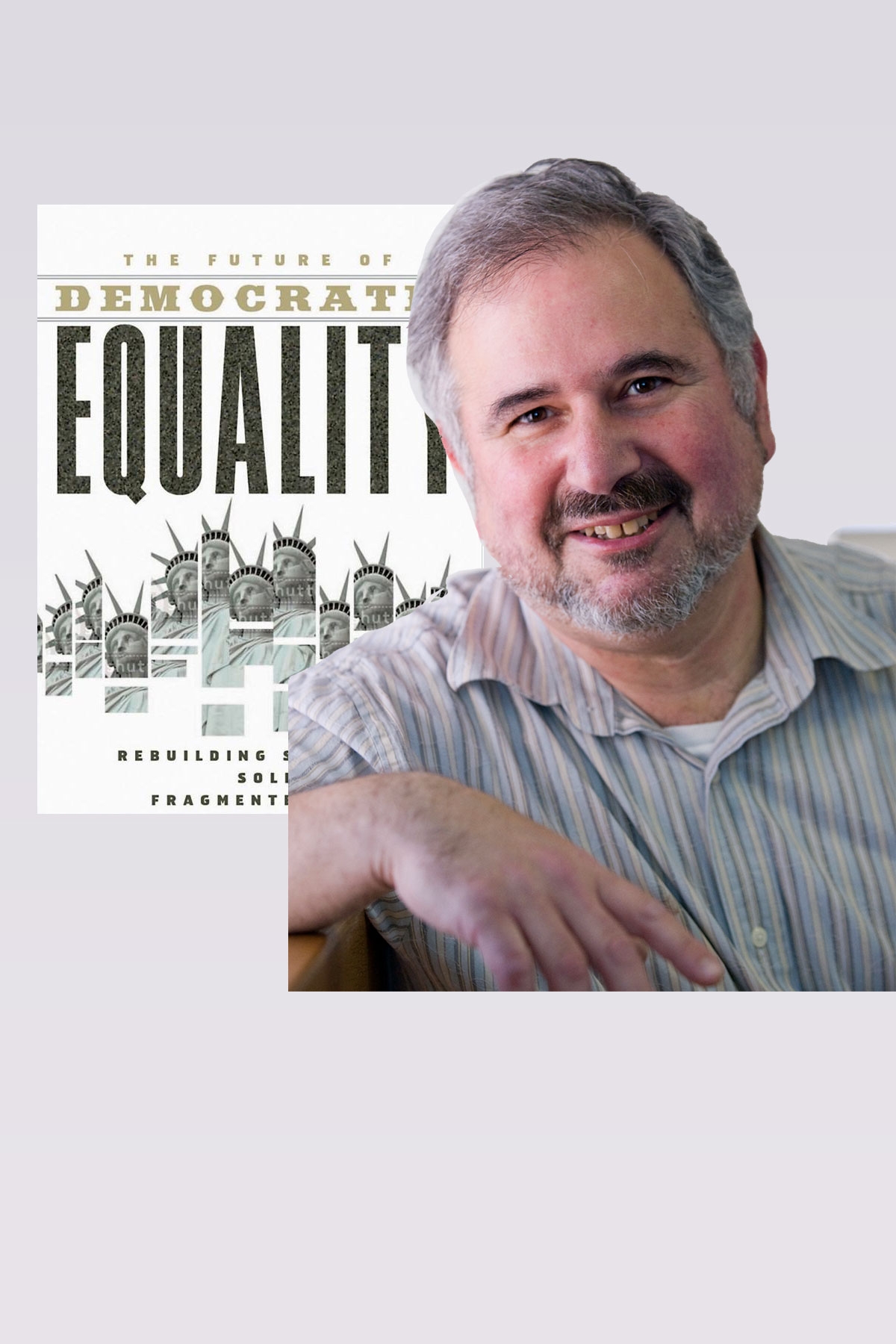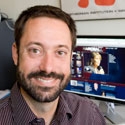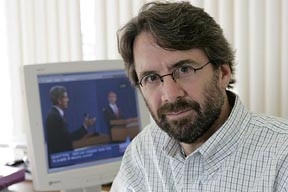Political science professors are front and center for election season
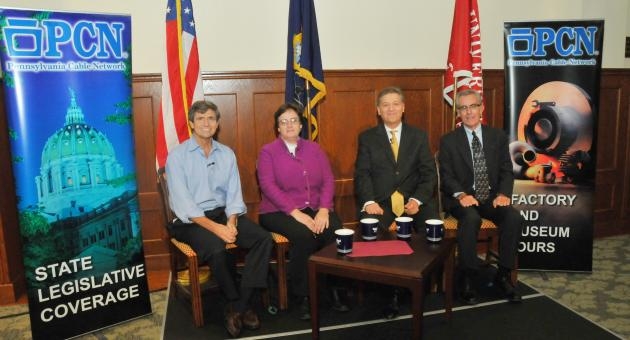
During this fast-paced presidential election season, Temple political scientists have been front and center analyzing and interpreting campaign events for the local and national media.
They see it as an extension of their role as educators.
In recent weeks, Robin Kolodny, associate professor of political science, has commented for National Public Radio, Bloomberg, and Columbia Journalism Review on the impact of Super Pacs on the campaigns and on the volatile market for campaign advertising.
She has appeared on NBC10's "Live at Issue" and participated on a panel with Dom Giordano of Talk Radio 1210 WPHT; Delaware County Daily Times editor Phil Heron and former Congressman Joe Sestak for "Election 2012," a town hall meeting broadcast LIVE by Pennsylvania Cable Network from Temple's Shusterman Hall.
Tune in to WHYY-FM starting at 7 p.m. on Election Night to hear Kolodny comment live as the results come in.
"Most in the press cannot be expected to be subject specialists, and therefore the reporting they do can't be meaningful if it is not placed correctly into context," said Kolodny. "My role when talking to a reporter is an educational one."
"What can be misleading is that when I end up with a quote or two in an article or a 30-second sound bite in a radio report, it hides the fact that I probably spent an hour on the phone with that reporter, which is something I don't mind at all. Some reporters will use me as a sounding board for future story ideas as well," Kolodny said.
Quotes and sound bites from political science professor Christopher Wlezien on the impact of the economy and the significance of individual campaign events — such as the conventions and the debates — on the election outcome have been seemingly omnipresent in the media. Over the last several months Wlezien has spoken with National Public Radio, Bloomberg, the Washington Post, USA Today, MSNBC, the New York Times' FiveThirtyEight blog and the Philadelphia Inquirer, among others.
On Oct. 16, Wlezien presented his election forecasting model at the National Press Club in Washington, D.C. As well, he served on the advisory panel for the development of Vote CompassTM, a new online educational tool aimed at helping voters determine which candidate for the presidency best embodies their views. The Wall Street Journal has made the U.S. presidential election edition of Vote CompassTM available on its website.
His new book The Timeline of Presidential Elections: How Campaigns Do (And Do Not) Matter (University of Chicago Press, 2012), co-authored with Robert Erikson, has been referred to and quoted extensively by reporters both locally and nationally. And Wlezien had the opportunity to discuss the findings from his book at length on a recent broadcast of Radio Times with Marty Moss-Coane.
"It’s important to talk with the media to inform reporters and the public about what political science research actually shows. Sometimes we end up confirming reporters’ suspicions but often we provide a corrective, and I think this is useful. It helps people see more clearly how the political world really works," said Wlezien.
But, Kolodny and Wlezien are not the only members of the political science department to find themselves in the spotlight and called on to expand their reach as educators during this election season.
When Republican vice presidential pick Paul Ryan publicly acknowledged a debt to novelist Ayn Rand, the Philadelphia Inquirer looked to Temple political science professor Joseph Schwartz to help interpret Rand's philosophy. And when the Inquirer wanted to explore why the poor were being largely ignored during the election, they turned again to Schwartz. Schwartz is the author of The Future of Democratic Equality: Reconstructing Social Solidarity in a Fragmented America (Routledge Press, 2009), for which he won the prestigious David Easton Book Award for 2011. The award is presented annually by the American Political Science Association for the best book that "broadens the horizons of contemporary political science by engaging issues of philosophical significance in political life through any of a variety of approaches in the social sciences and humanities."
Kevin Arceneaux, associate professor of political science, spoke with NBC5 (Chicago) about what was to be expected from Paul Ryan's GOP convention speech. Arceneaux's research explores how political rhetoric and mass communication influence political attitudes and behavior. In August 2012, he received the Emerging Scholar Award from the American Political Science Association.
Michael Hagen, associate professor of political science, recently explained for WHYY/NewsWorks' listeners why states with Republican leaders, like Pa. and N.J., trend blue at the presidential level. Hagen conducts research on public policy and election trends in the Philadelphia region and the Commonwealth of Pennsylvania. He is co-author of the The Presidential Campaign of 2000 and the Foundations of Party Politics (2004).
